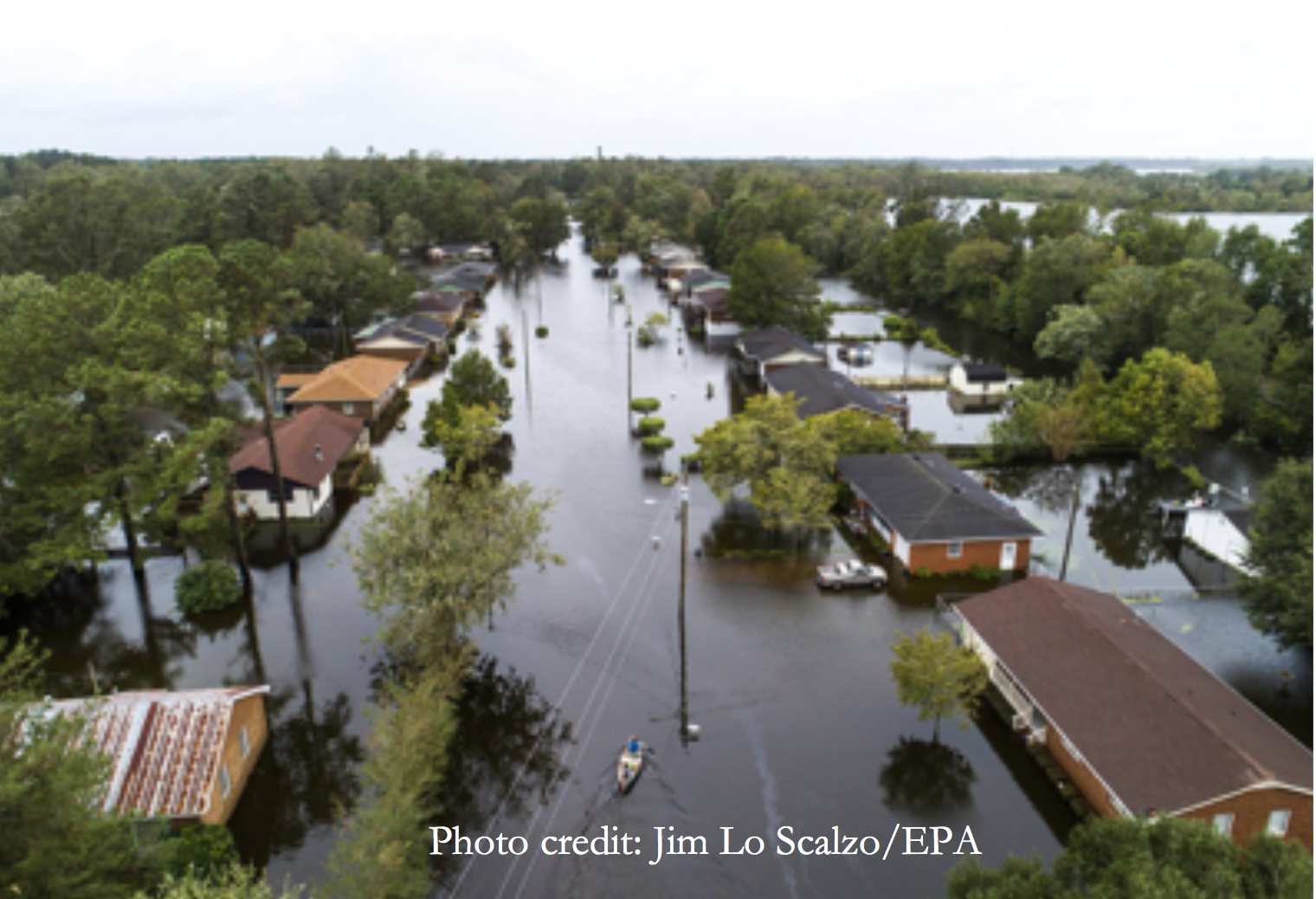Gordon Peabody, OCEAN’s Editor
We are living in changing times. A recent, super intense Hurricane that explosively grew overnight, has been referred to as a “Thousand Year Storm” destroying coastal Florida on the heels of a previous Hurricane that also triggered historic upslope flooding hundreds of miles away from the coast in the Appalachian Mountains. The scale and scope of some of our changes are challenging to perceive and impossible to prepare for. OCEAN is the free Educational Publication of Safe Harbor Environmental, a small interdisciplinary consulting group on Cape Cod. This is your advertising free publication, please feel free to share OCEAN with your friends. This issue introduces recent Interns, who are paid and can receive college credit. Thanks for your support of OCEAN.
-Gordon Peabody, Editor
What’s inside OCEAN 66
New Things Under the Sun
Craft Beer from Bees
Discovery of Cocaine in Sharks
1000-Year Storms on the Rise
Is The Possibility of Cod Extinction an Anomaly or a Trend
Meet Our Interns!
Thank you!
Can Telescopes Look Back in Time?
Unexpected Catch For A New England Fisherman!
Innovative Ocean Colling Concept
Megaflo, Innovative Australian Highway Drainage System
Experimenting With Innovative Artificial Reefs
Protecting Your Phone Battery With Crab Shells?













